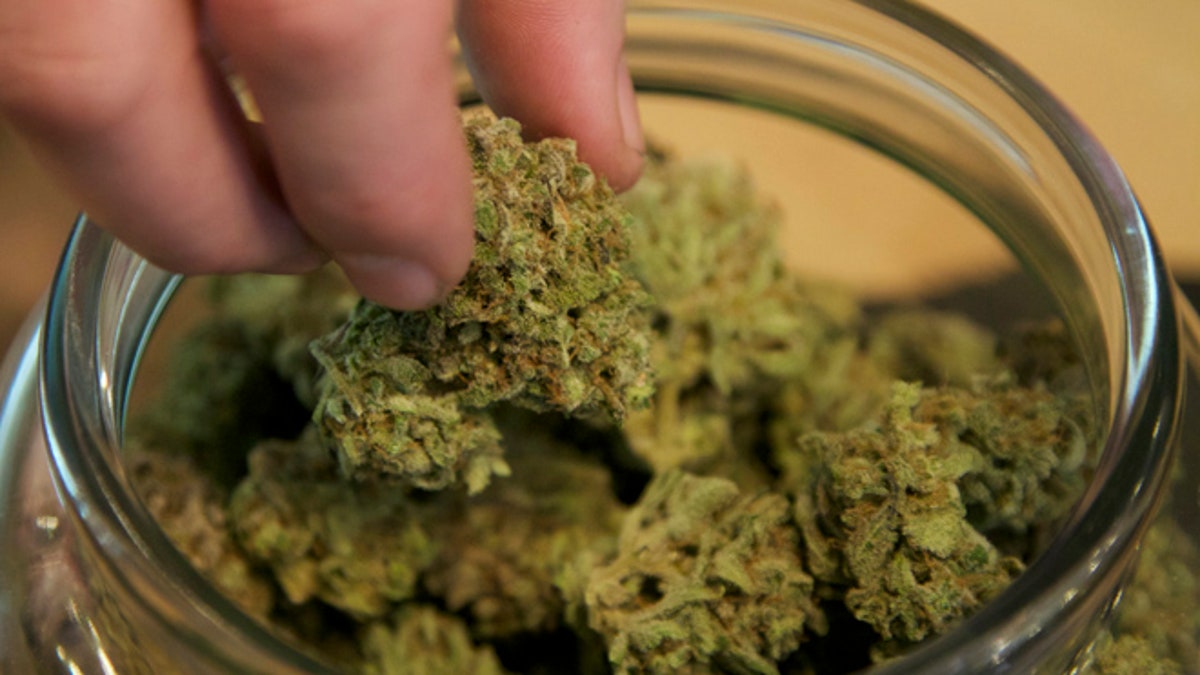
REUTERS/Steve Dipaola
Studies are under way to test the effectiveness of a marijuana extract that has been hailed as a wonder drug by some parents whose children suffer severe forms of epilepsy. But as initial findings from several researchers trickle in, the results are proving mixed.
A dozen states in the past year, including Florida and Kentucky, have legalized the substance—cannabidiol, or CBD—despite a lack of hard evidence of its effectiveness in controlling seizures. Another nine states are weighing CBD legislation. Some of the bills have been named after children in those states with severe epilepsy and whose families were desperate for an alternative after trying other medications that failed.
The early research results show that while some children appeared to improve after taking CBD, others didn’t respond, or even worsened. Doctors say the findings underscore the need for more research on the extract. CBD also has been studied as a potential treatment for other conditions, including schizophrenia and anxiety.
“We don’t have enough data at this point to recommend marijuana products for families,” said Kevin Chapman, a neurologist at Children’s Hospital Colorado, outside of Denver, and co-author of a study released at an American Epilepsy Society meeting in December.
Most of the state laws and bills allow the substance only to treat serious forms of epilepsy such as Dravet syndrome, a rare condition that begins in infancy and can cause hundreds of seizures a day and developmental delays. The measures are far more restrictive than laws in 23 other states that legalized pot for broader medicinal use. CBD is a compound in marijuana that doesn’t generate a high and can be taken orally in an oil form.
